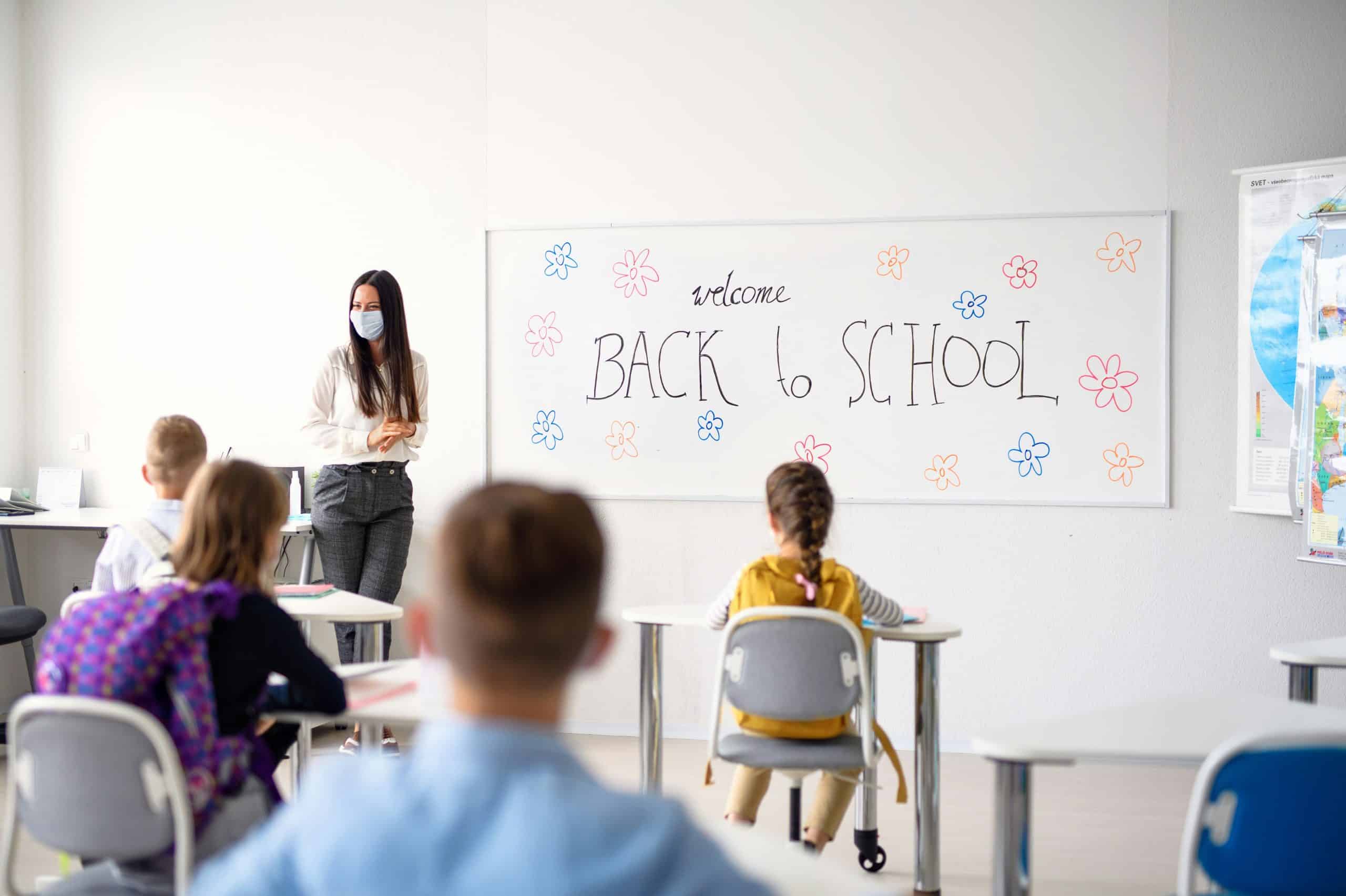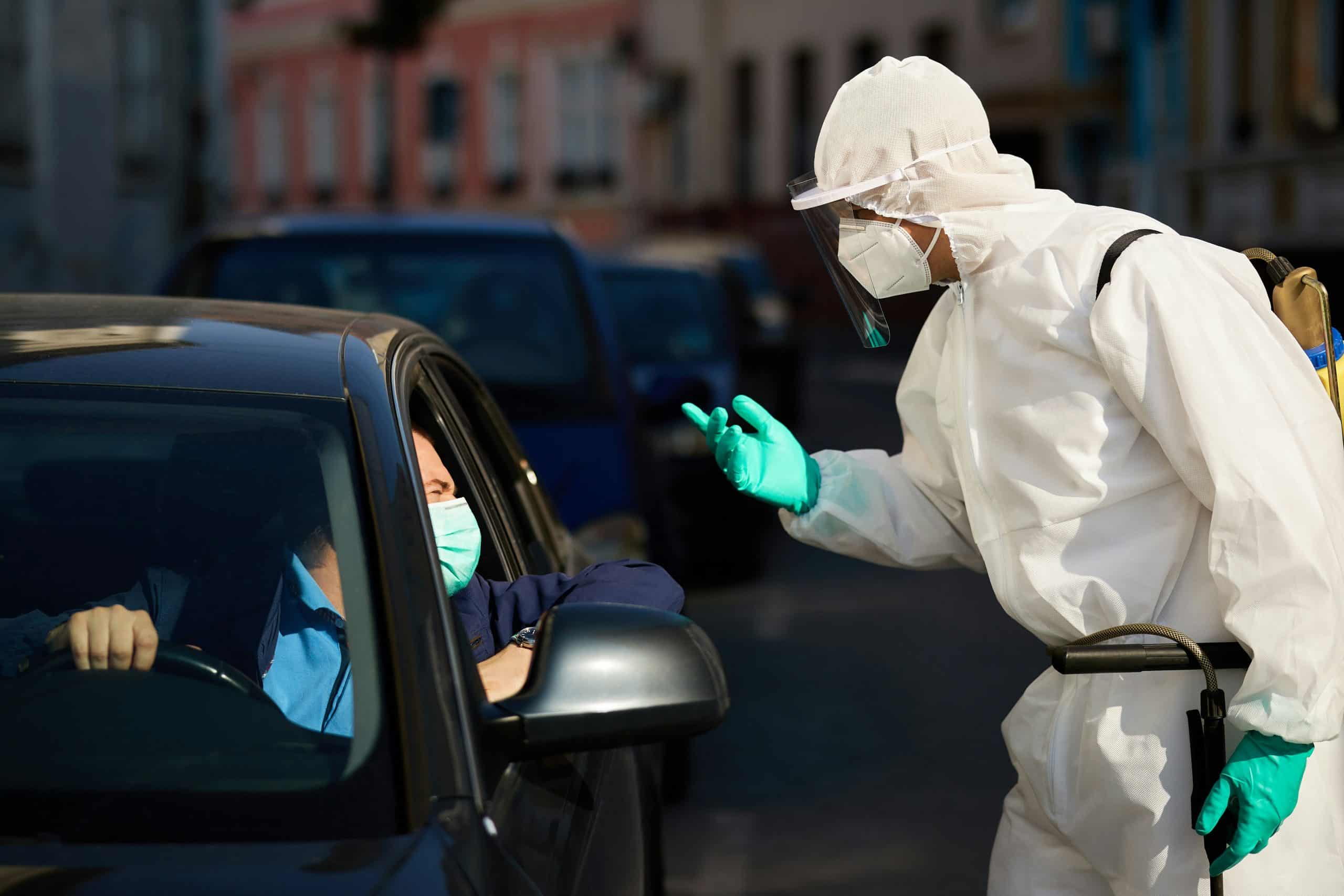Category: CBS Microdata
-

Human capital development in the Netherlands
We use the OSSC to run over 400 million univariate regressions using Dutch administrative data at the secure servers of Statistics Netherlands (CBS). We document how, when, and where the opportunity gap in the Netherlands opens up. We show how circumstances in childhood are associated with outcomes from birth through adulthood. We look at outcomes…
-

Network determinants of upward socio-economic mobility in the Netherlands
The research group POPNET has been analyzing the 2018 social network of the Netherlands to explore its network properties and their relationship with socio-economic indicators. Recently, data on the family, school, work, neighbour, and household connections became available annually from 2009 to 2022 via CBS’s microdata environment. The new primary goal of the group is…
-

Comorbidity of mental health and somatic diseases
Previous studies suggest that Autism Spectrum Disorder (ASD) is associated with cardiometabolic diseases, but the full risk profile in autistic individuals remainsunclear. Most existing evidence comes from small sample sizes. To address this, we conducted a large-scale cohort study using data from the entire population of theNetherlands, comprising, after exclusion criteria, over 8 million individuals.…
-

Modelling of school choice and school segregation: data-driven agent-based models
Agent-Based Models (ABMs) are increasingly being used to model interactions and dynamics within social systems. Consequently, they are also considered to be a very suitable tool for studying the dynamics of school choice and school segregation. However, empirically calibrated ABMs have received limited attention in this field. Mostly due to computational challenges (it is often…
-

Modelling life outcomes trought foundational machine learning models
The project focused on a question of how well can we determine ex ante individuals’ life outcomes? Traditional low dimensional models employed in the social sciences prove of limited effectiveness when given such objective. We seek to improve the performance of such models by applying modern machine learning methods on CBS microdata. Neural network models…
-

The Impact of Childcare Policies on Mental Health and Education: Evidence from Subsidy Changes in the Netherlands
In this project, we estimate the causal effect of daycare on children’s mental health and schooling outcomes in the Netherlands. We use a very strong and policy-relevant instrumentthat exploits frequent changes in government reimbursement schemes for childcare prices that induce variation in expected costs over time and province of residence. We employ a simulated instrument…
-

PreFer data challenge: Predicting Fertility outcomes in the Netherlands
A data challenge is a competition where many researchers work on the same dataset to make the best predictions of a well-defined outcome. Data challenges led to major progress in data science by fostering the development of new algorithms with increasing predictive ability. Data challenges can also accelerate scientific progress because the ability to compare…
-

Modelling life outcomes through foundational machine learning Models
The project focused on a question of how well can we determine ex ante individuals’ life outcomes? Traditional low dimensional models employed in the social sciences prove of limited effectiveness when given such objective. We seek to improve the performance of such models by applying modern machine learning methods on CBS microdata. Neural network models…
-

Country-Wide Agent-Based Epidemiological Modeling Using 17 Million Individual-Level Microdata
Calibration is a crucial step in developing agent-based models. Agent-based models are notorious for being difficult to calibrate as they can express various degrees of freedom when model parameters are unknown. Models that appear correctly calibrated to match macro-level observed data perform poorly when micro-level insights need to be inferred. As a result, policymakers cannot…
-

Investigating socio-economic status’s role in the intergenerational transmission of mortality
Mortality – both in terms of the timing and cause from which someone dies – may be transmitted through families. An individual’s own socio-economic status is also related to their survival chances: the wealthier individuals are, the longer they tend to live. Although there is a great deal of research into these relationships individually, there…